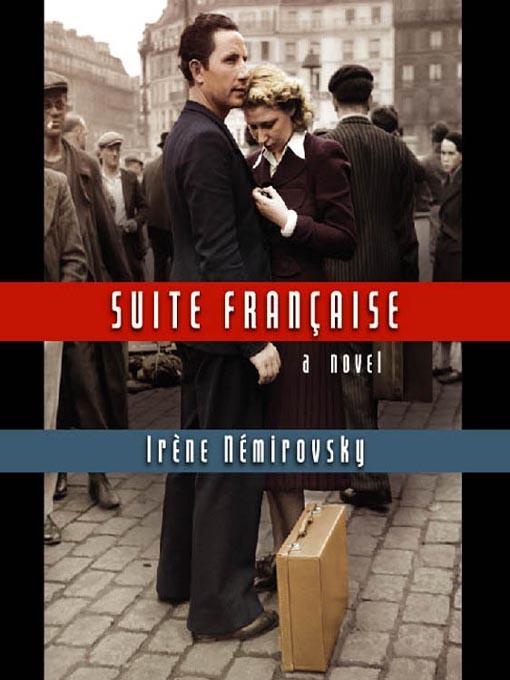
Suite Française
کتاب های مرتبط
- اطلاعات
- نقد و بررسی
- دیدگاه کاربران
نقد و بررسی

These recently rediscovered opening sections of a planned five-part novel by Irene Nemirovsky, who died in Auschwitz in 1942, are cause for rejoicing and for deep mourning for what was lost. Daniel Oreskes reads the first novella, a bleak human comedy of Parisians fleeing the city in chaos, rather pointlessly, it turns out, as the Wehrmacht arrives. Barbara Rosenblat performs the second, in which many characters from the first reappear, about the sometimes subtle, sometimes violent tensions in a French farm village under German occupation, as conquerors and conquered, aristocrats and peasants interact in unaccustomed ways. This is complex, polished, and moving work by Nemirovsky, who must have written at breakneck speed, and by two incomparable actors, a virtually flawless production that will repay multiple listenings. B.G. Winner of AudioFile Earphones Award (c) AudioFile 2006, Portland, Maine

Starred review from March 13, 2006
Celebrated in pre-WWII France for her bestselling fiction, the Jewish Russian-born Némirovsky was shipped to Auschwitz in the summer of 1942, months after this long-lost masterwork was composed. Némirovsky, a convert to Catholicism, began a planned five-novel cycle as Nazi forces overran northern France in 1940. This gripping "suite," collecting the first two unpolished but wondrously literary sections of a work cut short, have surfaced more than six decades after her death. The first, "Storm in June," chronicles the connecting lives of a disparate clutch of Parisians, among them a snobbish author, a venal banker, a noble priest shepherding churlish orphans, a foppish aesthete and a loving lower-class couple, all fleeing city comforts for the chaotic countryside, mere hours ahead of the advancing Germans. The second, "Dolce," set in 1941 in a farming village under German occupation, tells how peasant farmers, their pretty daughters and petit bourgeois collaborationists coexisted with their Nazi rulers. In a workbook entry penned just weeks before her arrest, Némirovsky noted that her goal was to describe "daily life, the emotional life and especially the comedy it provides." This heroic work does just that, by focusing—with compassion and clarity—on individual human dramas.

























دیدگاه کاربران